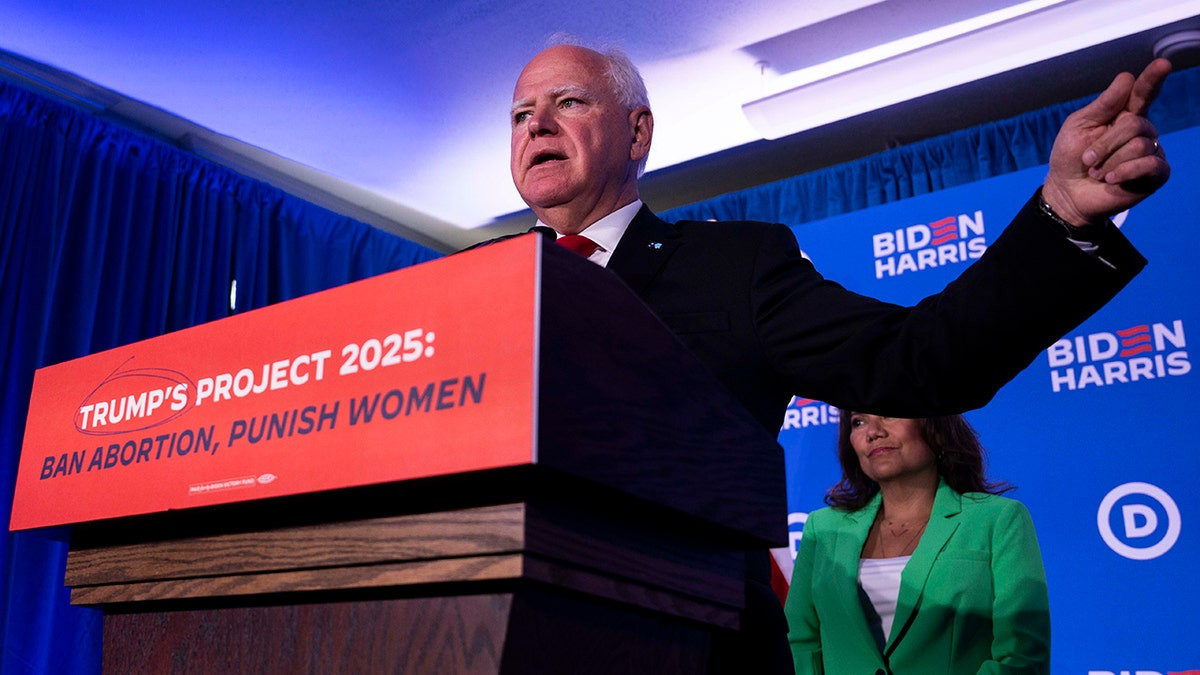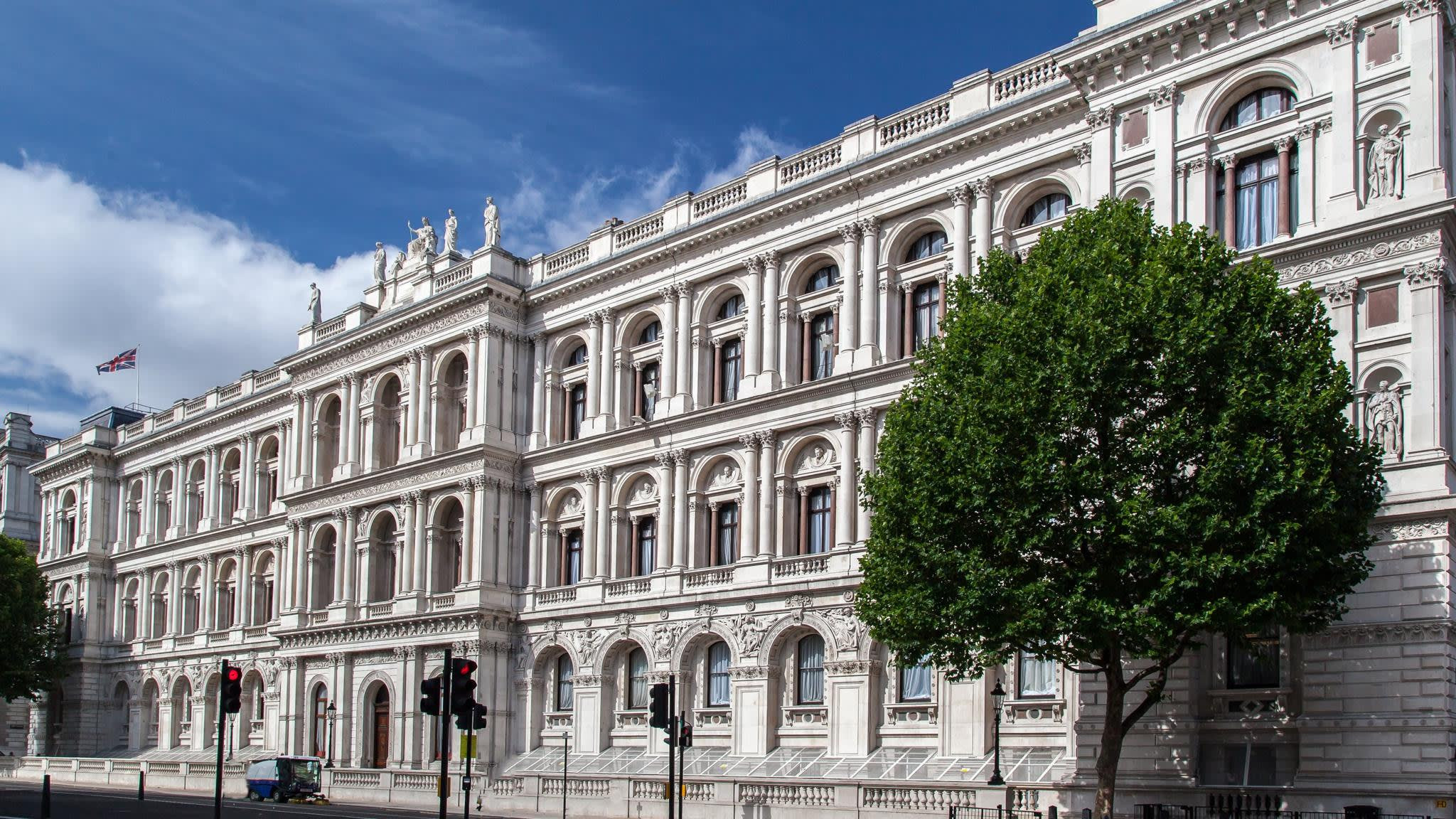Retired Justice Emmanuel Ayoola, a former Justice of Nigeria’s Supreme Court and an ex-chairman of the Independent Corrupt Practices and Other Related Offences Commission (ICPC), has died at the age of 90. The family announced Mr Ayoola’s death in a statement on Wednesday.
Mr Ayoola, born in Ilesa, Osun State, on 27 October 1933, retired from the Supreme Court bench on clocking the retirement age of 70 in 2003. He rose to become the Chief Justice of the Gambia while on secondment to the country before returning to Nigeria in 1992.
Mr Ayoola, who served on Nigeria’s Supreme Court bench between 1998 and 2003, was appointed by then-President Olusegun Obasanjo as the chairperson of the ICPC in September 2005. He held the position until 2010 when he completed his tenure.
President Bola Tinubu extolled Mr Ayoola’s “steadfast dedication to justice, integrity, and courage throughout his remarkable career” on Wednesday. “Justice Ayoola will always be remembered for his rare principles, discipline, brilliance, and impeccable jurisprudential knowledge,” the president was quoted as saying in a statement by his Special Adviser on Media and Publicity, Ajuri Ngelale.
He also extended his sympathies to the associates of the late jurist and members of the Nigerian judiciary, acknowledging the significant loss the jurist’s death meant to the legal community.
On Thursday, Governor Ademola Adeleke of Osun State described Mr Ayoola’s death as a profound loss not only to the jurist’s family but also to the state and the entire nation. “Justice Ayoola made Osun and Nigeria proud everywhere he went,” Governor Adeleke said in a statement by his spokesperson, Olawale Rasheed.
He hailed Mr Ayoola as a “true patriot” and a “hero of anti-corruption” whose legacy will endure. Governor Adeleke prayed for the Ayoola family, asking for divine strength to bear their loss, and assured them they were alone in their grief.
Also, the incumbent ICPC chair, Musa Aliyu, described his predecessor as a leader with exceptional integrity, a sharp legal mind, and an unwavering commitment to justice, which set him apart as a towering figure in the legal profession.
Mr Aliyu, a Senior Advocate of Nigeria (SAN), noted Mr Ayoola’s international influence, his service as Chief Judge of The Gambia and his pivotal role at the Special Court for Sierra Leone. The ICPC chair said these roles confirmed the jurist’s global dedication to upholding the rule of law.
“Justice Ayoola’s life and work have left an indelible mark on the legal profession, inspiring generations of lawyers and public servants,” Mr Aliyu said. “unwavering in his commitment to the fight against corruption—a cause he championed with vigour and a deep sense of duty.”
Mr Aliyu noted that Mr Ayoola’s legacy will continue to guide and inspire the war against corruption, offering hope for a more just and fair society. “The ICPC and the entire nation have lost a venerable elder statesman,” he said, adding that “his legacy will live on, providing a beacon for those committed to justice and the betterment of society.”
Born about 90 years ago, Mr Ayoola studied as an external student of the University of London and was a full-time undergraduate at Oxford University London from 1957 to 1959. He obtained a Bachelor of Laws degree, LLB, from the University of London in 1957 and a Bachelor of Arts degree from Oxford with Honours in Jurisprudence. In May 1957, he passed the Bar Final Examination of the Council of Legal Education, London and was called to the English Bar at the Lincoln’s Inn, London, on 25 November 1958. He was admitted to the Nigerian bar on 4 September 1959 and started a private legal practice that same year.
After 17 eventful years as a legal practitioner, Mr Ayoola was appointed a judge of the High Court in the defunct Western Nigeria on 1 February 1976. Three months later, he became a judge of the High Court of Oyo State following the creation of 19 states by the regime of the then Head of State, Yakubu Gowon. He was seconded by the Federal Government of Nigeria to the Gambia in 1980 as a Justice of the Court of Appeal of Gambia.
In 1983, he became the Chief Justice of the Gambia, a position he held until 1992 when his 12-year secondment to that country ended. His service to the country earned him the Gambian’ National Honour of the Commander of the National Order of the Republic of the Gambia’ (CRG) in 1990. He returned to Nigeria in 1992 and was appointed a Justice of the Court of Appeal on 8 July 1992.
In 1998, he was elevated to the Supreme Court bench. He was on the Supreme Court bench until he retired in October 2003. Shortly after retiring from the Supreme Court, he was appointed chairperson of the National Human Rights Commission (NHRC) and served in that capacity until he was appointed chair of the ICPC in September. He remained chair of the ICPC until 2010.
Ayoola's Legacy: A Life Dedicated to Justice and Integrity
Former President Olusegun Obasanjo, in a condolence letter to the Ayoola family, described the late Justice Ayoola as a “genuine patriot” who radiated dominantly within the national space and beyond. Obasanjo, who appointed Ayoola as the chairman of the ICPC during his administration, said the late jurist was a “distinguished Nigerian, an icon, a paragon of rightness and rectitude, whose life is devoted entirely to the service of his nation.” He added that Ayoola was a “role model and a nationalist” who will be recorded by history as a Nigerian who embodies all the high points of the nation’s achievements. Obasanjo also described Ayoola as a self-made man who built for himself a most inspiring, even intimidating profile as a formidable jurist, a thorough-bred scholar, and an exemplary pacesetting administrator.
Obasanjo added, “In his lifetime, he held many challenging positions, most notably, as Judge of the High Court of Western Nigeria in 1976, and soon after a Judge of the High Court of Oyo State; Justice of the Court of Appeal of the Gambia (1980–1983); Chief Justice of the Gambia (1983–1992); Vice President of the World Judges Association in 1991; President of the Court of Appeals of Seychelles; Justice of the Court of Appeal of Nigeria (1992–1998); and Justice of the Supreme Court of Nigeria (1998–2003), retiring in October 2003 at the mandatory age of 70. Just immediately after his retirement, he became the Chairman of the National Human Rights Commission of Nigeria (2003–2005). Later in the year 2005, he was appointed by me as a democratically-elected President of Nigeria, to head the Independent Corrupt Practices and Other Related Offences Commission (ICPC), a body vested with the statutory responsibility of combating the malaise of corruption within the Nigerian nation.”
Obasanjo went on to say that “In all of these positions, Justice Ayoola earned the respect and confidence of Nigerians and non-Nigerians by dint of hard work, professional excellence, devotion to duty, and resourcefulness. Indeed, throughout his entire career in the public service, he exhibited and demonstrated very good leadership qualities, wisdom, and wealth of experience, as well as rare qualities of commitment and courage, always upholding the cherished traditions of the public service, and left behind a name that was thoroughly bathed in honour and dignity.”
Ayoola's Impact on the Fight Against Corruption
The current ICPC chair, Musa Aliyu, described his predecessor as a leader with exceptional integrity, a sharp legal mind, and an unwavering commitment to justice. Mr Aliyu noted that Mr Ayoola’s legacy will continue to guide and inspire the war against corruption, offering hope for a more just and fair society.
Ayoola's commitment to justice and integrity extended beyond his legal career. His service as Chief Judge of The Gambia and his pivotal role at the Special Court for Sierra Leone confirmed his global dedication to upholding the rule of law. He championed the fight against corruption with vigour and a deep sense of duty, inspiring generations of lawyers and public servants. His life and work have left an indelible mark on the legal profession.
A Legacy of Service and Dedication
The passing of Justice Emmanuel Ayoola marks the end of an era for Nigeria’s legal system and anti-corruption efforts. He left behind a legacy of service, dedication, and integrity. His commitment to justice and his unwavering fight against corruption will continue to inspire future generations.
It is important to note that Ayoola's passing is a significant loss not only to the legal community but to the entire nation. His unwavering dedication to justice and his fight against corruption will be missed. His contributions to the legal system and to the fight against corruption will not be forgotten. He will be remembered for his dedication to serving his nation and his commitment to justice.

















